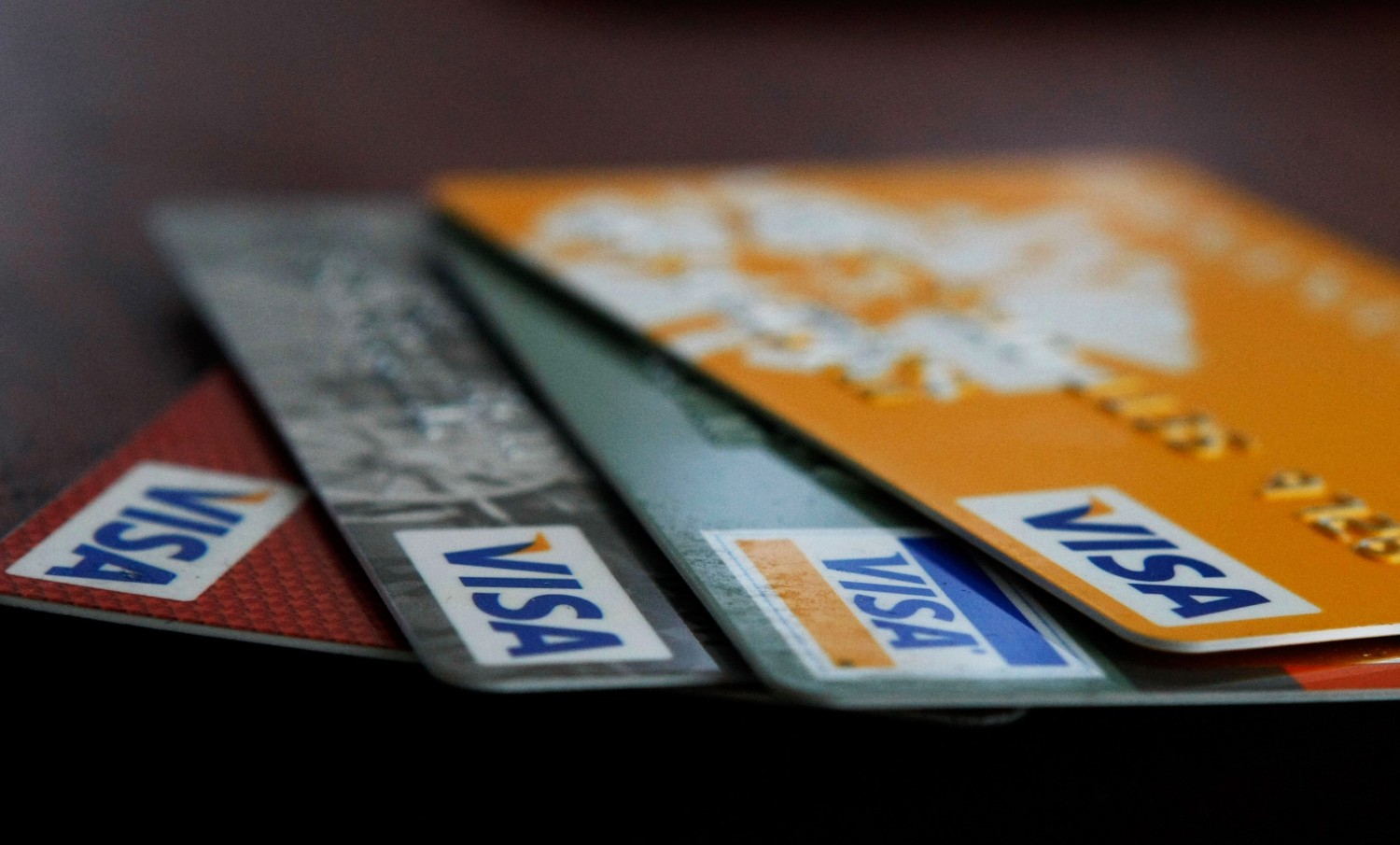Like a visit to the dentist, checking our credit score isn’t really an activity that thrills most of us. Yet it’s one of the most important—and simplest—things you can do for your financial health.
Checking in on your credit on a monthly (if not weekly) basis helps you avoid fraud, figure out when to apply for a loan and make more informed financial decisions. But just because it’s important to keep an eye on your credit score doesn’t mean it’s always been easy.
The three major national credit bureaus—Equifax, TransUnion and Experian—are required by law to provide consumers with a free credit report once a year. That’s a long time, though, so this isn’t necessarily the most efficient way to track your credit score.
Until a few years ago, it was difficult for consumers even to get access to their credit scores. Even if you could get your credit score, you almost always had to pay for it.
That’s finally started to change, though. Services like CreditKarma now offer members an overview of their credit score, as well as plenty of articles covering topics like the factors that contribute to the score and how to improve it.
The Companies
More recently, credit card companies and banks have also started providing free credit score services to cardholders. The Consumer Financial Protection Bureau (CFPB) has compiled a list of companies that offer customers free access to credit scores.
For each company, the CFPB also links to a comment with more information about the service. This includes what version of your score they use, how often it’s available, and whether it’s available to anyone or only to customers.
Some of the major credit card issuers on the list include:
A number of smaller regional banks and credit unions also offer free credit score access.
The CFPB list was based on “voluntary responses” to its request for comments published on the Federal Register’s public site. This means that only companies that answered that request are included on the list, so there may be other credit card issuers that provide credit score access but aren’t listed here.
Remember, because companies may pull from different bureaus, your scores probably won’t all be exactly the same. As the CFPB points out, nobody has just “one” credit score. “There are many credit scores available to you as well as to lenders. Any credit score depends on the data used to calculate it, and may differ depending on the scoring model, the source of your credit history, the type of loan product, and even the day when it was calculated,” it explains.
These free credit scores shouldn’t replace your official credit report, but they’re still a useful tool for daily financial planning.








